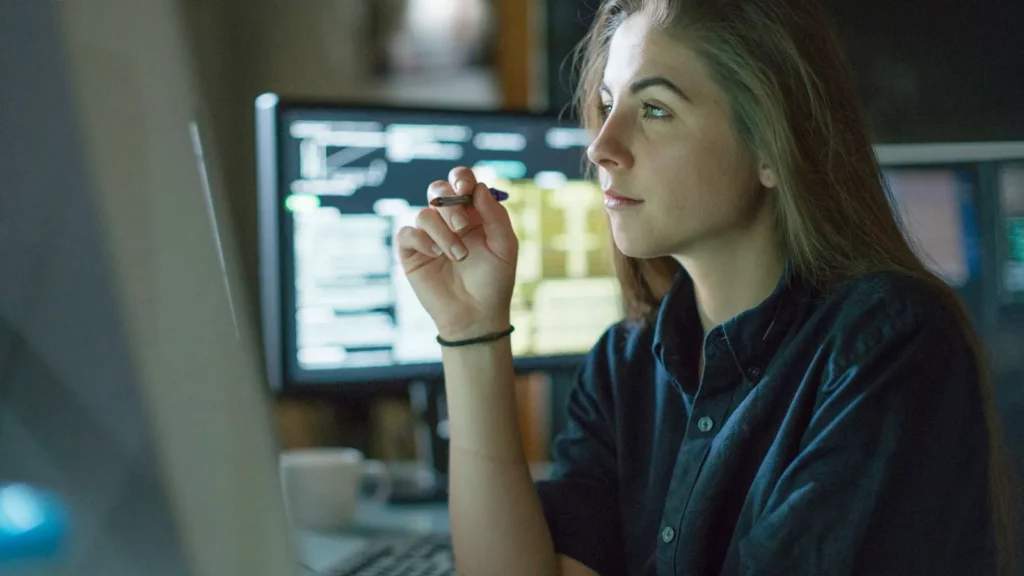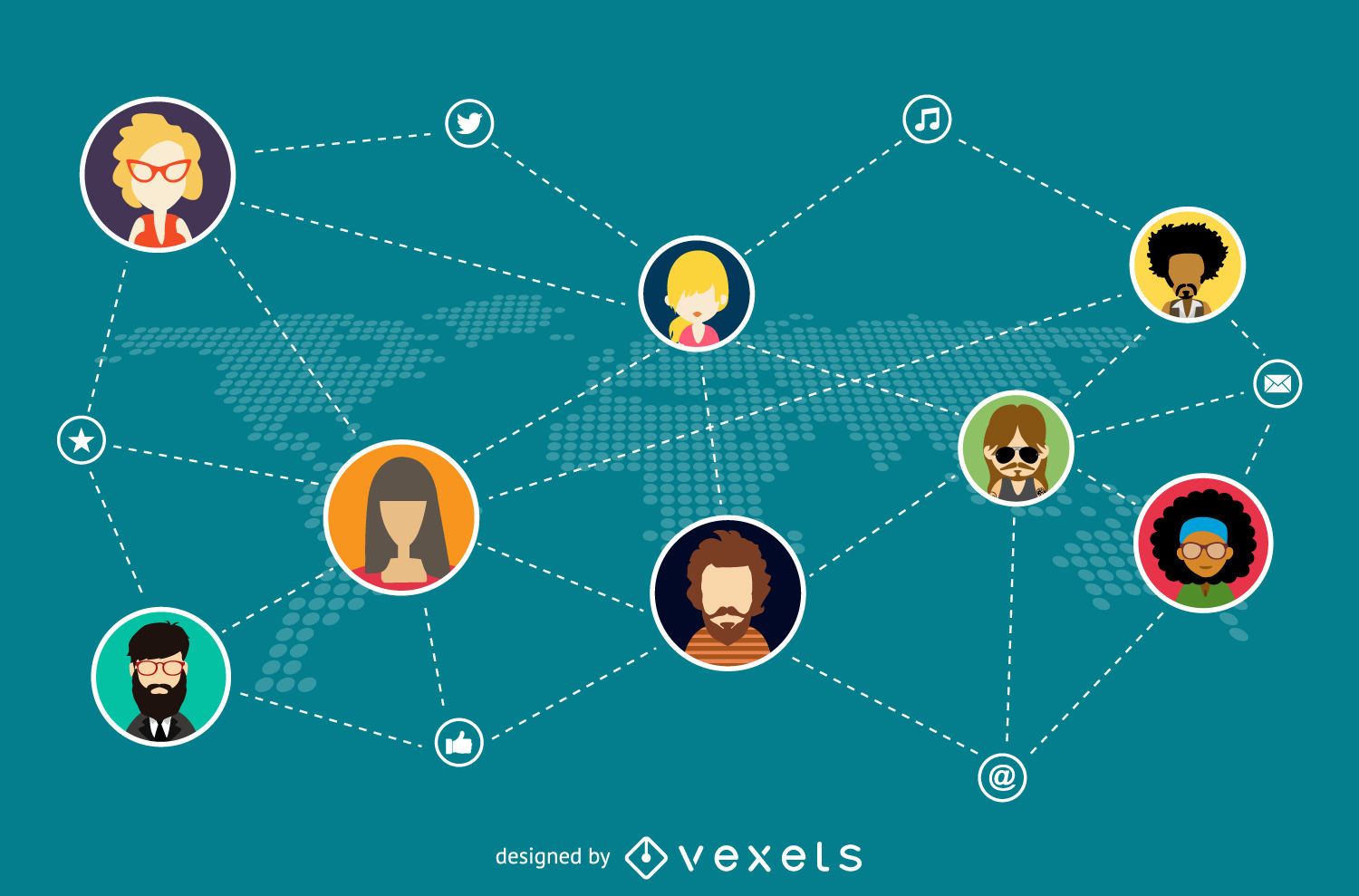Introducció
Since the start of the industrial revolution, there have been threats that new machines – from mechanised looms to microchips – would usurp human jobs. For the most part, the humans have prevailed. Now, say some experts, with AI ubiquity on the horizon, the threat’s being realised: the robots really are coming for some jobs.
Apartat 2
A March 2023 report from Goldman Sachs estimated that AI capable of content generation could do a quarter of all the work currently done by humans. Across the European Union and US, the report further notes, 300 million jobs could be lost to automation. And that could be dire, says Martin Ford, author of Rule of the Robots: How Artificial Intelligence Will Transform Everything.

“It’s not just that this would happen to individuals, but it could be pretty systemic,” he says. “It could happen to a lot of people, potentially quite suddenly, potentially all at the same time. And that has implications not just for those individuals, but for the whole economy.”

Thankfully, it’s not all bad news. The experts issue their warnings with a caveat: there are still things AI isn’t capable of – tasks that involve distinctly human qualities, like emotional intelligence and outside-the-box thinking. And moving into roles that centre those skills could help lessen the chances of being replaced.

“I think there are generally three categories that are going to be relatively insulated in the foreseeable future,” says Ford. “The first would be jobs that are genuinely creative: you’re not doing formulaic work or just rearranging things, but you’re genuinely coming up with new ideas and building something new.”
- That doesn’t necessarily mean all jobs that are considered ‘creative’ are safe.
In fact, things like graphic design and visual art-related roles may be among the first to go; basic algorithms can direct a bot to analyse millions of images, allowing AI to master aesthetics instantly. But there’s some security in other kinds of creativity, says Ford: “in science, and medicine and law … people whose job is coming up with a new legal strategy or business strategy. I think that there’s going to continue to be a place there for human beings”.
- The second insulated category, he continues, is jobs that require sophisticated interpersonal relationships.
He points to nurses, business consultants and investigative journalists. These are jobs, he says, “where you need a very deep understanding of people. I think it’ll be a long time before AI has the ability to interact in the kinds of ways that really build relationships”.
Apartat 3
The third safe zone,
says Ford, “are jobs that really require lots of mobility and dexterity and problem-solving ability in unpredictable environments”. Many trade jobs – think electricians, plumbers, welders and the like – fall under this umbrella. “These are the kinds of jobs where you’re dealing with a new situation all the time,” he adds. “They are probably the hardest of anything to automate. In order to automate jobs like this, you would need a science fiction robot. You’d need Star Wars’s C-3PO.”
While humans will likely remain in jobs that fall within those categories,
that doesn’t mean those professions are totally insulated from the ascent of AI. In fact, says Joanne Song McLaughlin, associate professor of labour economics at the University of Buffalo, US, most jobs, regardless of industry, have aspects that are likely to be automated by the technology.